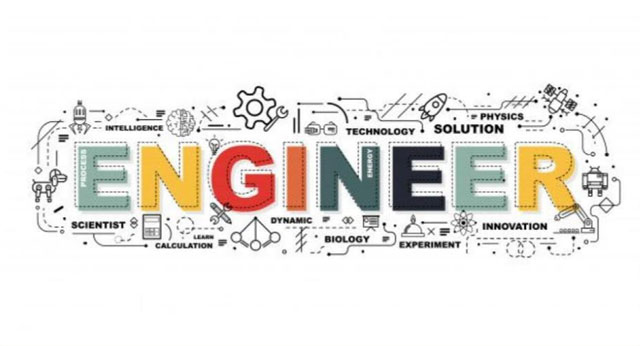October 26, 2025
As educators and career counsellors, we often encounter a recurring question from students, parents, and even policymakers: Which engineering branch is the best and has scope in the future. It’s a valid concern — after all, the rapid evolution of technology, automation, and artificial intelligence seems to blur the lines between traditional branches of engineering. But perhaps it’s time we reframed the question. No engineering discipline sustains by its name — it sustains by its relevance. The future doesn’t belong to one particular branch. It belongs to those who can think across disciplines, innovate ethically, and adapt continuously. Let’s explore how each field is transforming and why sustainability lies in evolution, not classification.

Environmental Engineering: With global climate commitments and the race toward net-zero emissions, this field is fast becoming the backbone of engineering progress. Tomorrow’s energy engineers will work on green hydrogen, carbon capture, smart grids, and circular economy systems. Their role isn’t just technical — it’s environmental stewardship combined with systems design thinking.
Mechanical and Mechatronics Engineering: Far from becoming obsolete, mechanical engineering is transforming into the foundation of Industry 5.0 — where humans and robots collaborate. Mechanical engineers who understand automation, robotics, and AI-driven design will shape intelligent production systems and smart factories that blend precision with sustainability.
Computer Science and Artificial Intelligence: This remains the engine of digital transformation. From AI algorithms that diagnose diseases to machine learning systems that optimize global logistics, computer engineers now drive every other discipline. Yet, the future will demand more than coding, it will require ethical computing, data privacy awareness, and human-centered design.
Biotechnology and Biomedical Engineering: The pandemic underscored the value of life sciences innovation. Biomedical engineers are developing tissue regeneration technologies, prosthetics integrated with neural networks, and devices that merge biology with data. The intersection of engineering, genetics, and computing is redefining healthcare and the boundaries of life itself.
Civil Engineering: Civil engineers are no longer confined to concrete and steel. They are now designing resilient, adaptive cities that respond to climate stress, sustainability mandates, and population pressures. Smart infrastructure powered by IoT sensors, AI analytics, and sustainable materials will define the new era of urban planning.
Electronics and Communication Engineering: In an increasingly connected world, communication is the new oxygen. The rollout of 5G, the promise of 6G, and the Internet of Things will depend on engineers who can merge hardware with cybersecurity, embedded systems, and intelligent connectivity solutions.
The Rise of Interdisciplinary Engineering
Beyond traditional branches, emerging fields like systems engineering, materials science, quantum technology, and human-centered design are creating hybrid roles. The future engineer will not belong to one department they will belong to a network of disciplines, blending technology with sustainability and human values.
Employability: The True Measure of Sustainability
In the final analysis, the scope of any discipline/branch depends on employability. The engineers of the future will not be employed because they hold a degree in a certain branch they will be employed because they can think critically, collaborate effectively, and innovate continuously.
Employability today rests on four core dimensions:
1. Skill Integration – combining technical depth with digital fluency, data literacy, and soft skills.
2. Adaptability – learning new technologies faster than they become obsolete.
3. Industry-Academia Synergy – exposure to real-world problems through internships, hackathons, and industry projects.
4. Entrepreneurial Mindset – being job creators as much as job seekers, with the confidence to turn ideas into impact.
Educational institutions must evolve too: By embedding multidisciplinary curricula, micro-credentials, and experiential learning, we can ensure that graduates are employment-ready, innovation-ready, and future-ready. The future engineer must therefore be a hybrid professional — technically competent, emotionally intelligent, and socially aware.
The Real Question: Which Mindsets Will Thrive?
Instead of asking which branch has scope, perhaps we should ask: Which mindsets will thrive? The engineer of the future will be: Digitally fluent, yet empathetic.- Environmentally aware, yet commercially sharp.- Entrepreneurial in thought, yet collaborative in spirit.-- A lifelong learner, constantly upgrading both technical and human skills.
Engineering is no longer about building things — it’s about building futures.